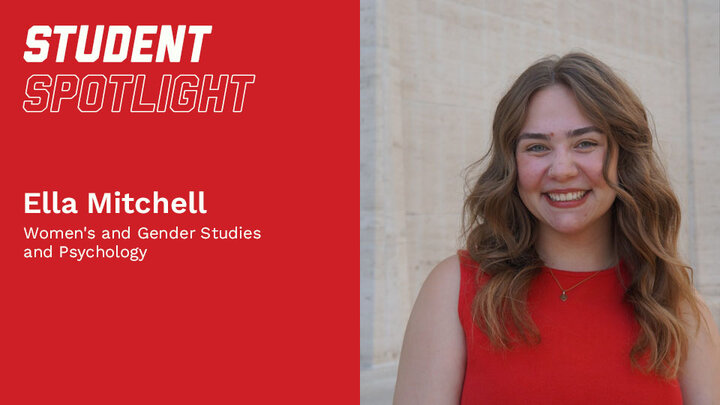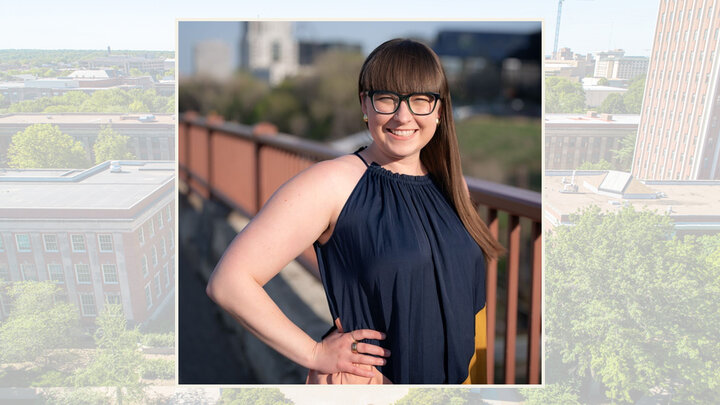In the popular narrative, motherhood among lesbians or bisexual women is usually viewed in one of two ways: non-existent, or seeking evidence of a lesbian baby boom.
However, a new UNL study suggests that the notion of motherhood is much broader and more complex in the minds of sexual-minority women than those stereotypes allow.
The study, based on responses from the National Survey of Fertility Barriers, focused on sexual-minority women’s desires and intentions to parent and on the importance they place on being mothers. Its findings highlighted the unique choices lesbians and bisexuals often face and, researchers say, punched holes in stereotypes surrounding sexual orientation and motherhood.
Half of the study’s respondents of those in same-sex partnerships said it was important to have children. A quarter said it was not important to have a child, but did say it was important to raise a child – an important distinction, said lead author Emily Kazyak, UNL assistant professor of sociology and women's and gender studies. The patterns of responses suggested that lesbians and bisexuals often want children but don’t necessarily view carrying their own child as important.
“Sexual minority women make this distinction between having children — being pregnant and giving birth — versus raising children,” Kazyak, the study’s lead author, said. “That was unique to sexual minority women; research doesn't show this with heterosexual women.”
Julia McQuillan, professor and sociology department chair of sociology, said that studying fertility attitudes among sexual minority women reveals important dimensions to decisions about motherhood when both partners can potentially give birth and raise a child.
“Most heterosexual women can’t choose who is going to carry the child,” McQuillan said. “But for lesbian couples, there is a choice – they can ask who is going to have the child and that opens up a really interesting dynamic.”
Another important finding, Kazyak said, was that survey participants reported facing social barriers to becoming mothers, such as restrictions on adoption based on sexual orientation.
“There are narratives that say most lesbians are voluntarily child-free,” she said. “It’s more complex than that.”
McQuillan said, “Our study shows that just as there is a lot of variation in the importance of motherhood among heterosexual women, there’s also a lot of variation among sexual minority women, and we can’t assume anything about fertility or motherhood based only on someone’s sexual orientation.”
The study was was published in the Journal of Family Issues. In addition to Kazyak and McQuillan, co-authors include former UNL graduate student Nicholas Park of the Wentworth Institute of Technology and Arthur L. Greil of Alfred University.
Written by: Deann Gayman | University Communications



